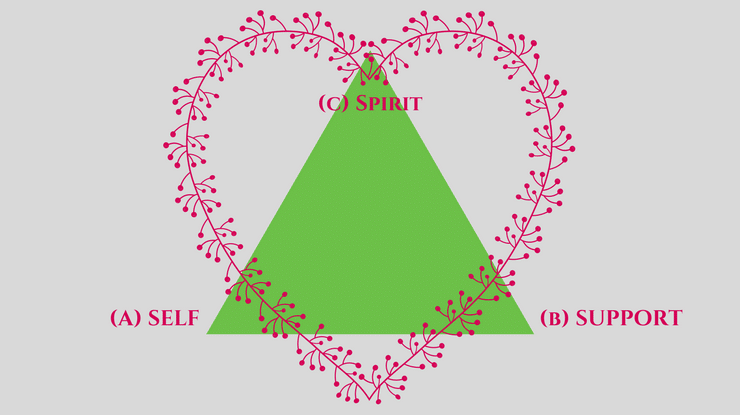I love watching nature come to life again, the days growing longer, the daffodils in colorful bloom.
Here in the Northwest, our winters are long, dark, cold and dismal. Yet, I’ve come to appreciate these dark times—be it winter, or my own unproductive periods.
We all have them—those times when nothing seems to be happening. I believe, in our society, fallow times are seriously under-rated.
We get discouraged, frustrated, impatient, eager to rush through them.
We fail to appreciate that the darkness has a purpose. It encourages us to hunker down, go within, reflect, re-evaluate, in preparation for the coming growth spurt, which always follows.
Our challenge is to remember that even when it looks like nothing is happening, there’s a lot going on under the surface.
I challenge you to love and appreciate wherever you find yourself today–whether it be a bountiful spring or a barren winter–for its essential contribution to your personal growth and future success.
Give yourself the gift of 4 Days to clarify your purpose, claim your power and discover your Path to Greatness. Only 2 seats left for Sacred Success!
Learn More!If you enjoyed these “Words of Wealth”, head over to my website and sign-up for my FREE weekly newsletter at: www.barbarastanny.com











